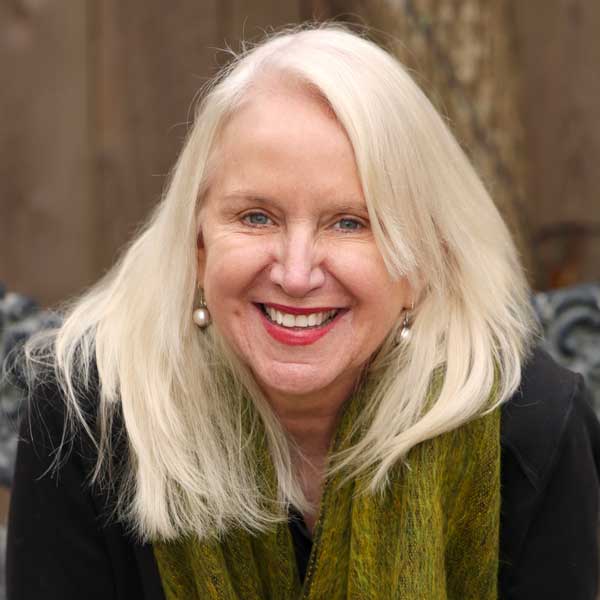The Ken Kennedy Institute's February Member of the Month: Loren Hopkins, Professor in the Practice of Statistics at Rice University; Chief Environmental Science Officer and Bureau Chief in the Data Science Division at the Houston Health Department.
Loren Hopkins is a nationally recognized expert in environmental science and engineering. Her unique affiliation with Rice University’s Department of Statistics and the Houston Health Department has played a central role in applied research and the translation of advances in science, engineering, and higher education to inform city policymakers and improve public health.
Since 2001, Hopkins has served as a lecturer, faculty fellow, and professor in the practice of statistics at Rice University. She teaches courses in her areas of expertise, including environmental statistics and decision-making, the association between human health and air pollution exposure, and human health risk assessment.
How do you explain your research in one sentence?
I analyze environmental and public health data and the relationship between the two to inform policy and target public health interventions.
How does your work impact the community at large?
My work is all about community impact. For example, who and where are folks experiencing higher rates of asthma attacks, cardiac arrest, intentional or unintentional gunshot injuries, flu, RSV, COVID-19, or cancer? Why are they more vulnerable? What needs to be done to intervene?
I identify environmental or health problems, evaluate connections between them, and then design and implement policy or interventions to resolve the problems. My dual role as faculty at Rice and Chief Environmental Science Officer for the City of Houston Health Department affords me the opportunity to work on the research on the Rice side and the implementation on the city side.
The results of the research are used by the city of Houston in various ways, including air pollution alerts to warn of increased risk of asthma attacks, where to target CPR trainings to improve bystander CPR uptake, where to target education and vaccination sites for COVID-19 and Influenza, where and how to enhance pollution monitoring, and where to focus legislation and policy change to improve the environment, health, and mitigate climate change.
What kind of collaborations are you looking for at Rice and within the community?
The progress we have made in environmental and health disparities is only due to collaborations. I am looking forward to building on years of strong collaborations between the Houston Health Department and Rice’s Statistics Department, Civil and Environmental Engineering Department, CCLE, and the PSM program, and with any others like-minded.
How do you see computation and data advancing in the future?
We are at the cusp of accessing amazingly more rich health data as we add more electronic case reporting for reportable diseases, and also environmental data with the influx of record-breaking environmental funding and the emergence of routine wastewater surveillance. I expect analysis of these data together will lead to life-saving information.
How do you see the Ken Kennedy Institute supporting you and/or your research?
The Ken Kennedy Institute offers new opportunities for collaboration and research between academia and
public health.
What is your favorite book?
I do love Mornings on Horseback by David McCullough.
Do you have any words of inspiration would you like to share?
The best time to plant a tree was twenty years ago. But the second best time is today.
_
Learn more about Loren here.

